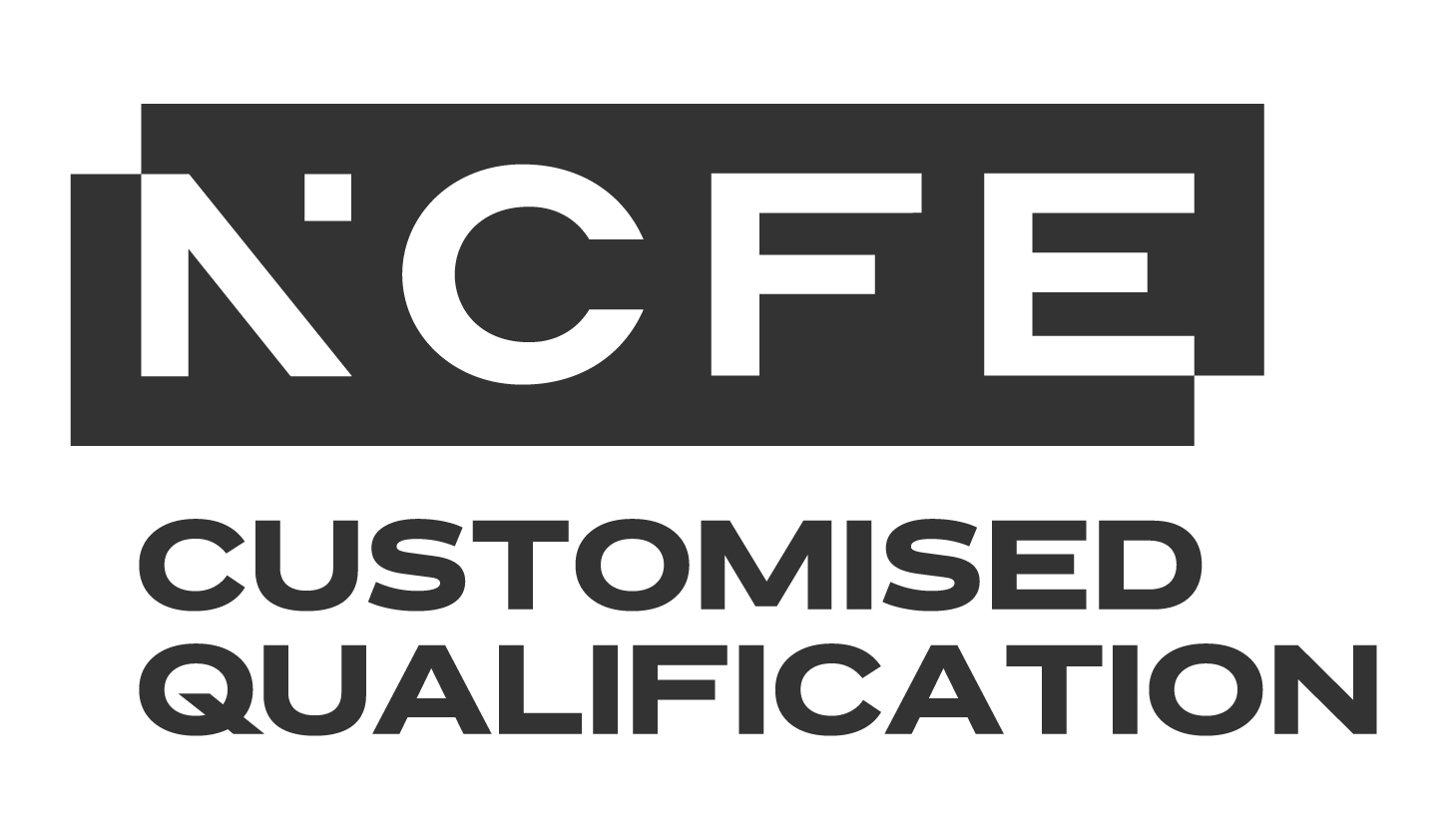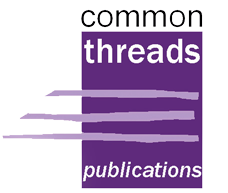
PARS Customised Qualifications –
a brand new playwork adventure!
PARS playwork practitioners working with children in their leisure time in any supervised setting around the world can now gain recognition for their PARS practice with our new NCFE accredited Customised Qualifications at Level 2 and Level 4: PPP2 and PPP4.
Find out more about PARS playwork practice

Accreditation and Assessment
Our PARS Playwork Practice Level 2 (PPP2) and PARS Playwork Practice Level 4 (PPP4) programmes have been accredited by NCFE as Customised Qualifications. These courses are delivered by a PARS Licensed Trainer and assessed by a qualified PARS playwork assessor.
Customised Qualifications that are accredited by NCFE are not recognised as UK national qualifications. However, to gain NCFE accreditation Customised Qualifications must demonstrate the quality and rigor of the programme and the programme delivery. We have benchmarked the qualification’s learning outcomes and assessment criteria at Level (using a national framework’s level descriptors) to allow you to demonstrate the difficulty and depth of study. For more information on Levels, please see
What qualification levels mean: England, Wales and Northern Ireland – GOV.UK (www.gov.uk)
On completion of our Customised Qualifications, learners will receive a certificate of achievement. The certificate is evidence of the knowledge and skills gained by completing the qualification. This qualification has been accredited by NCFE under the Customised Qualification and the certificate of achievement will be issued directly by NCFE.
Course Details
PPP2 (PARS Playwork Practice Level 2) enables practitioners to begin to use the PARS model to describe and develop their playwork practice. It takes place over six sessions and is assessed by the completion of a workbook. PPP2 is suitable for anybody who works with children in their leisure time and provides a gentle introduction to PARS so that practitioners can begin to use it in their work with children.
PPP4 (PARS Playwork Practice Level 4) enables practitioners to use the PARS model to articulate, develop and evaluate their PARS playwork practice. It takes place over eight sessions of two hours each. PPP4 is an in-depth exploration of the complexities of using the PARS model which involves reading academic research and producing referenced written accounts about PARS theory and practice. Assessments are carried out through weekly written reflective practice assignments. These assessments are assessed by our qualified PARS playwork assessors.
Previous PARS training is required to take part in a PPP4 programme. Please contact us for full details of entry requirements.
PPP4 is the minimum qualification requirement for PARS Licensed Trainers and assessors. If you are interested in joining our training or assessment teams, please
When can I start?
PPP2 and PPP4 programmes run throughout the year and at different start times to suit different time zones. Take a look at our events page for details of the upcoming programmes and if you can’t find a course to suit you, please contact us and we will do our best to help!
To be kept up to date with new courses as they become available, please sign up to our newsletter.
Facebook
Twitter
Instagram
Youtube
Book your PARS Playwork Practice qualification now!
PPP2 Brochure
PPP4 Brochure
“I was able to do a presentation of some of what I learned through the PARS Masterclass at our monthly P & C meeting. It was super exciting and I received great feedback from being able to explain not just how, but also why we are choosing to practice in this way. For some, it changed the way they looked at what we did and it brought a few more enrolments too!”
Susie BerkhutDirector, Payne Road OSHC, QLD, Australia
![]()
“My staff really benefit from having the PARS framework which helps them not only to describe their playwork practice, but also to make those playwork decisions in the first place. We now have a model which helps us to describe our practice in a professional way without having to resort to programming activities to demonstrate that we are professionals who know what we are doing.”
Adam SmartSmartkidz, Cambridge, UK
![]()
“One immeasurable benefit of PARS is now having the language to engage with, both in self-reflection and in conversation with other practitioners and stakeholders. It means that we can now discuss what we think is happening for the children and what we think we can do to enhance (or meaningfully not ruin) what is happening, and to start to work on a collective understanding of our practice as a service. ”
Amy BlaneQueensland, Australia
![]()
Previous
Next
